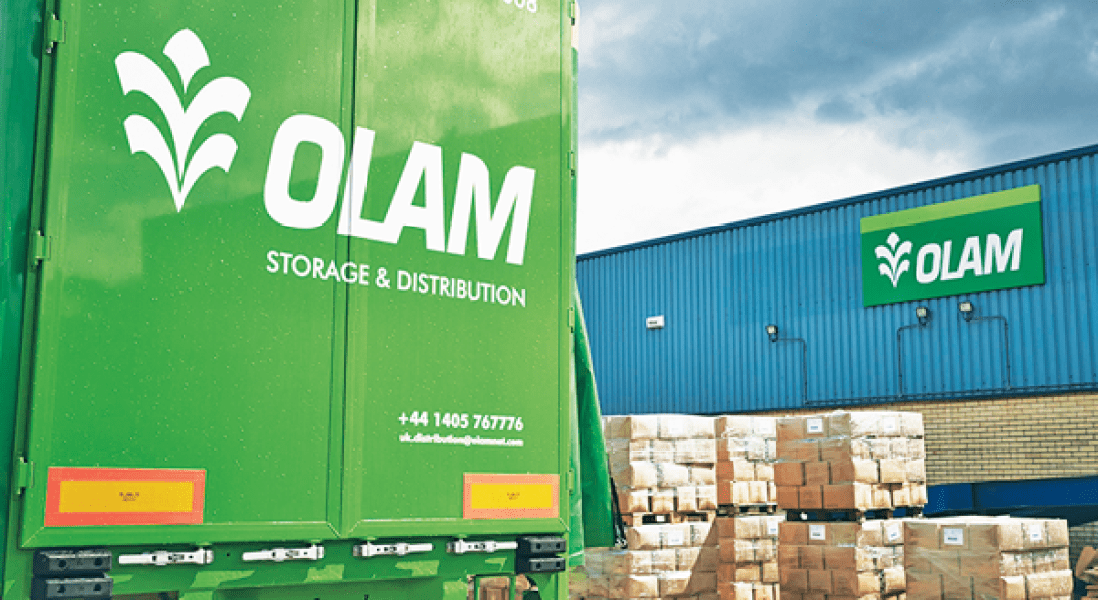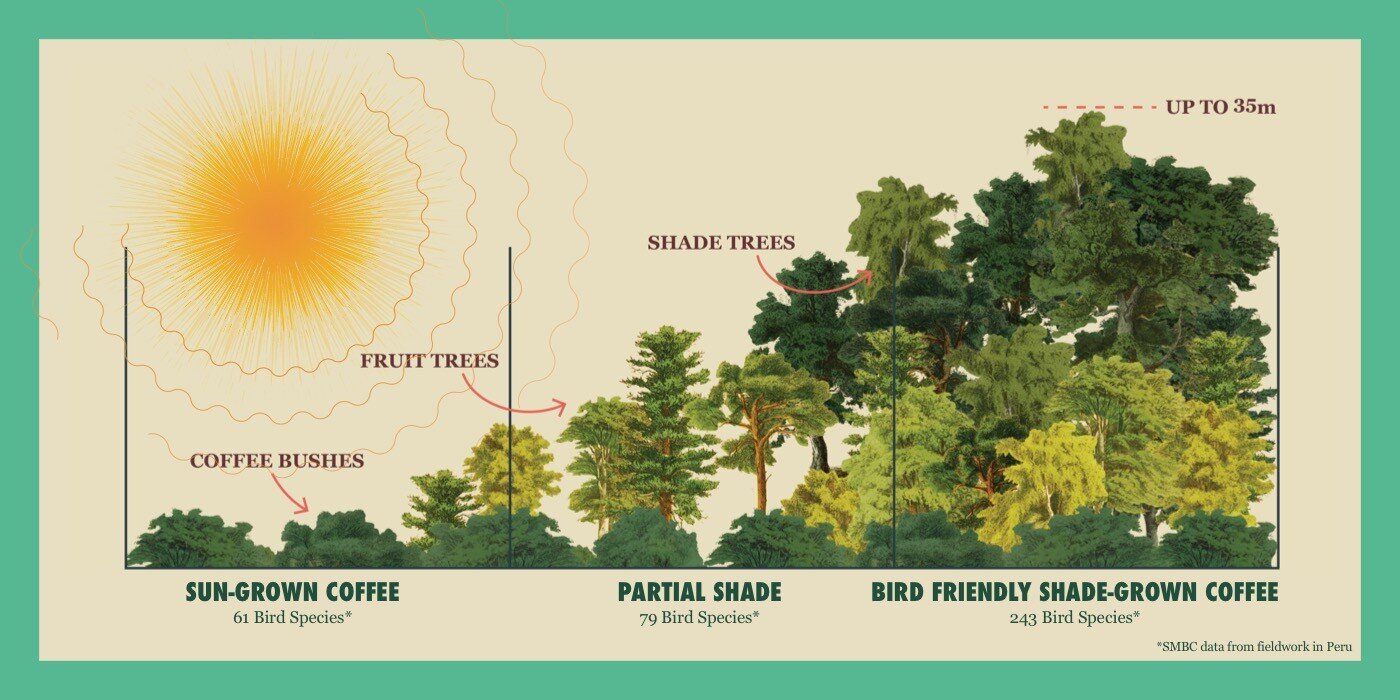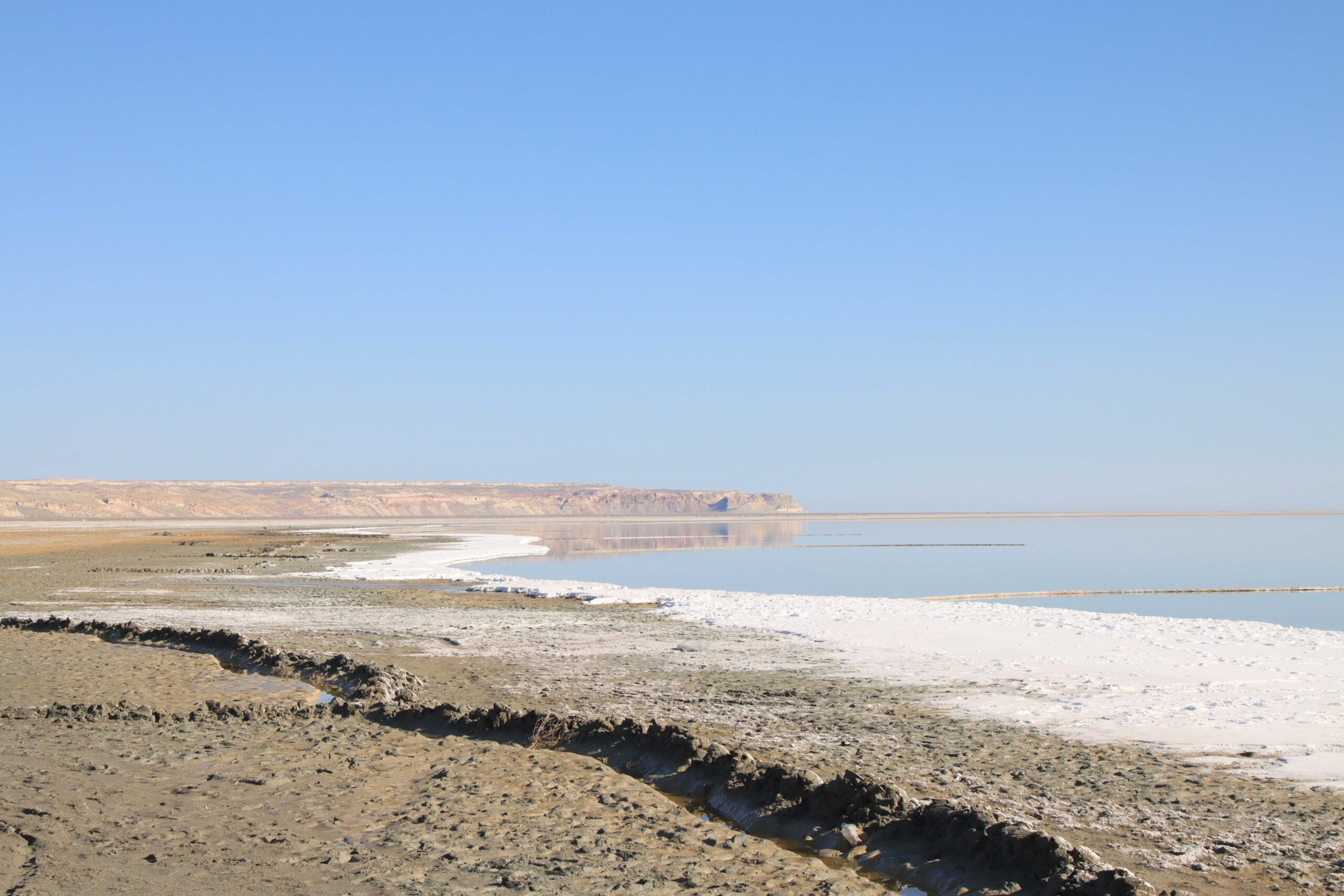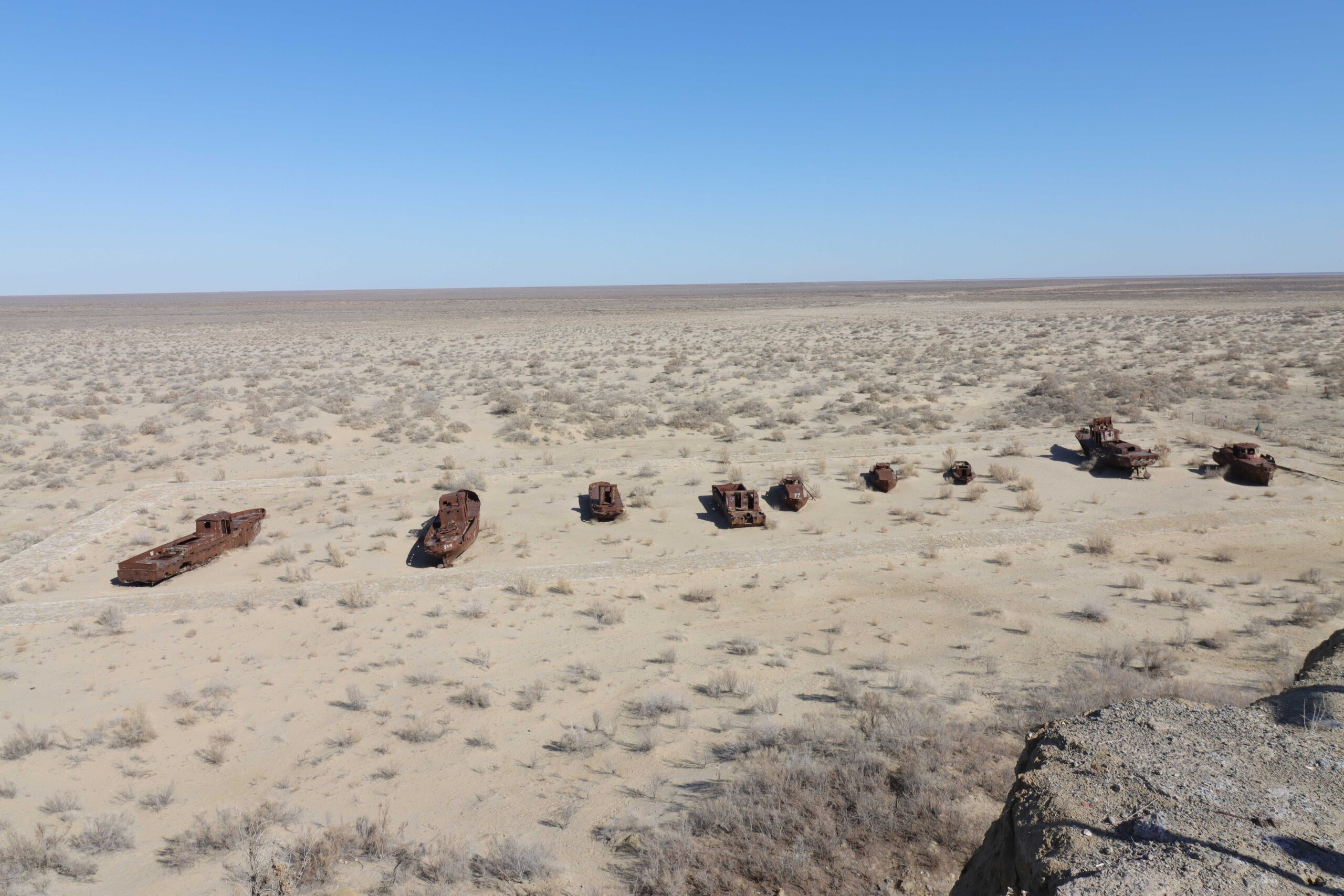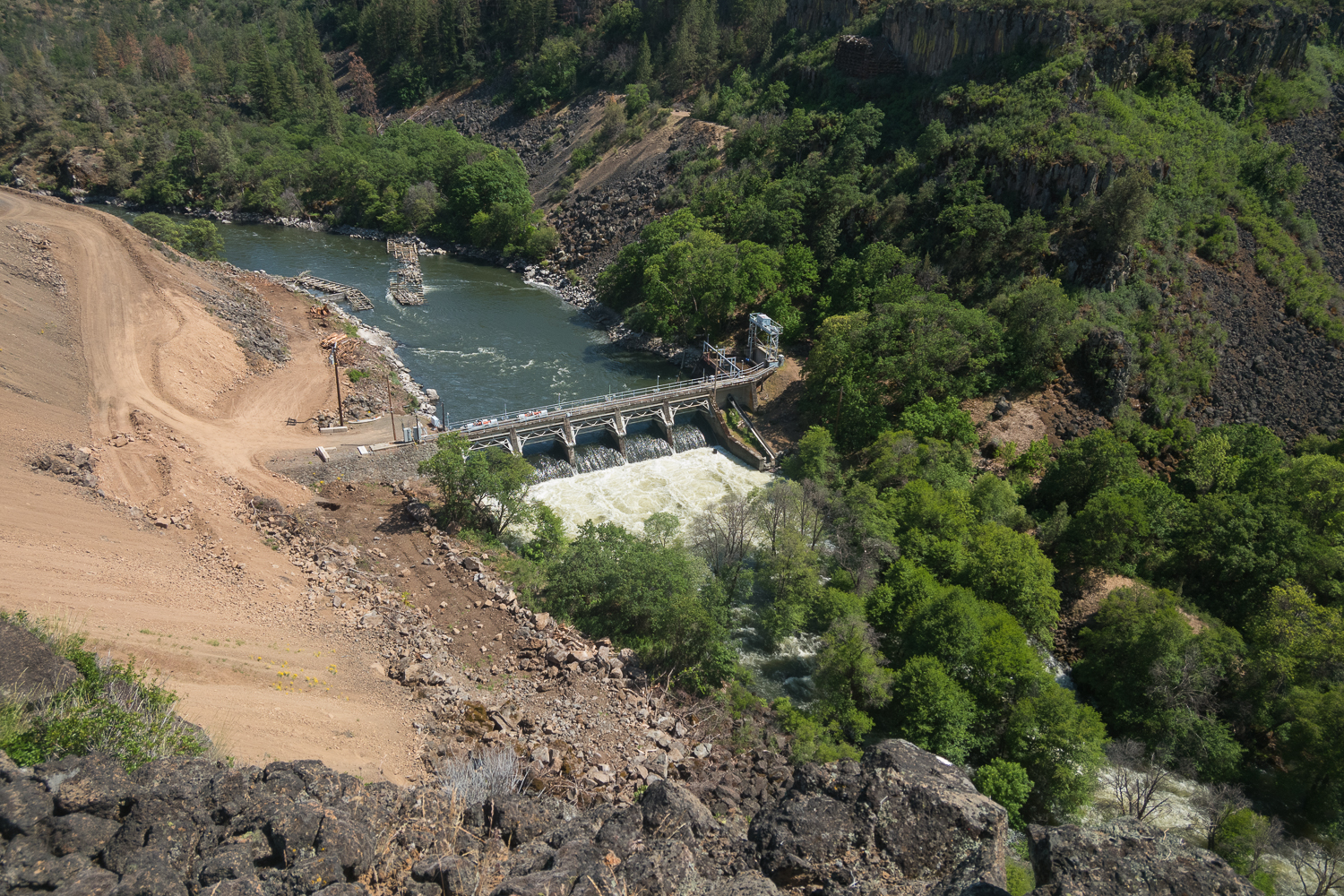The most recent Coffee Barometer, a report conducted by various fair trade and human rights organizations like Oxfam and Solidaridad, concluded by defining the sustainability commitments of big coffee companies as a failure.
Far from United Fruit Company, the largest coffee growers understand the need for ethical practices in the sourcing of the $250 billion industry, yet the voluntary measures they put in place to ensure sustainable, fair trade, or whatever other designation they hope to attach, often have no effect in raising farmers standard of living.
In the largest markets on Earth, the countries of Western Europe, change in demand is slow, and the desire shifts instead from quantity, product variance, or affordability, to quality, taste, origin, or the desire that farmers and laborers are earning enough money to live.
Unfortunately at the moment, the Coffee Barometer suggests that too many of these concerns are falling on the shoulders of small land-owning farmers, who have to try and match production demand with commitments on things like labor costs, or agricultural practices.
Companies like Starbucks, JDE Peet’s, Nestle, Olam, Lavazza and a few others, account for 35% of all coffee buyers, and generated between them around $55 billion in revenue last year.
Almost all of them do indeed attempt to address these concerns, but issues like whether fair trade or ethically-grown coffee is actually the kind that makes it into the consumer’s cup, a lack of voluntary disclosure of data, especially relating to the impacts of voluntarily imposed measures, and whether the compliance costs actually drive small landowners closer to the poverty line as they wait for supposed premium prices to arrive in their wallets, suggest that it is not enough to voluntarily audit, organize, and certify these practices.
Stefaan Calmeyn, Coffee Programme Manager for Oxfam Belgium, said of the report that “big coffee companies need to actually prove their supply chains are free from human rights violations and deforestation, and that they are investing in higher farmer income, better labour standards, and climate change adaptation. Policies are not enough; if you want us to believe you’re doing good, you have to show it”.
PICTURED: An Olam facility, one of the world’s largest, and most internally self-policed roasters.
Fair trade coffee in 2020
“The coffee sector’s extractive model of production -relying on rural poverty, devalorised work and the depletion of natural resources- denies that a price has to be paid for labor and land use at origin,” the report claims.
The global coffee trade currently avails 12.5 million farms, 95% of which are landowners operating on less than 5 hectares (12.3 acres), and 84% of which are smaller than 2 hectares. These small farms produce around 73% of global coffee.
Troublingly, the Coffee Barometer estimates that only 10% of the value of the retail coffee market is captured through exportation — the sale of green unroasted beans in the country of origin, while the remaining 90% is lapped up through exchange and sale of final product.
In 2020, coffee prices have remained up to 30% below the average price level characterized in the past 10 years, which is great for consumers, but 2020 was also the third year in a row, according to the report, that coffee farmers experienced a commodity price of coffee which negatively impacted the profitability of all producers.
Recent research conducted in 13 countries found that incomes of small farmers have fallen for 3 years running, increasing the number of farmers living near the extreme poverty line by 44%, with some places like Nicaragua experiencing drops in income by 50%.
Other research form Fair Trade International pioneer Solidaridad, Colombian growers owning 5 or less hectares of land, under conditions where the price of green coffee is $1.80 per kilogram, would not be able to earn more than poverty-line wages.
This is the reality the report paints, and further, suggests that self-reporting has also failed to show that ethical labor and environmental practices have any effect.
A failure to communicate
Production of coffee certified by various designations as part of voluntary sustainability standards, such as Fairtrade, 4C, or Rainforest Alliance, reached as high as 55% during 2019/2020, once again suggesting there is a need both from consumers and roasters to know the people growing their coffee are well taken care of.
However due to products like readymade drinks, instant coffee, blends, and other cheaper options in the coffee market, as little as 25% of these certified beans may have actually been sold, and the number of logistical inconsistencies in proving that the beans went anywhere or were bought at all, serve to statistically diminish the effect of ethical standards to almost nil.
“There is growing consensus across the industry as well as in civil society that procuring certified coffee alone is not enough to address the sustainability challenges in the coffee sector,” writes the report.
The report notes that self-regulation of the big private sector roasters, with their large market share, geological spread, supply-chain infrastructure, lobbying power, and economic strength, could pull every aspect of the global coffee industry in line with their stated objectives of reducing, mitigating or eliminating their negative social and environmental impact — or even to contribute to positive societal change, in their supply chains.
In 2017, the coffee sector attempted to align ethical commitments to their supply chain and their reporting with a third-party produced Sustainability Framework, which has been fine tuned ever since. But like so many bungee jumpers quivering on the edge of a bridge, not one has been the first to release a report in which they described their practices as it relates to this Framework.
Of the 15 leading world roasters, the Coffee Barometer released an assessment on each one’s level of commitment towards ethical supply chains using the United Nation’s Sustainable Development Goals (SDGs) as a framework.
Nestle, Olam, and Lavazza stand out as having taken the farthest action towards things like human well-being, resilient supply chains, and protecting nature. Starbucks, the world’s largest coffee roaster, earned across the board scores as nothing more than talker, while the other producers fall in order as having done less, or nothing at all.
The SDGs are a good metric, as they are identifiable, and often rallying points in the financial sector, where managers of sustainable investment funds can look to park capital knowing they aren’t contributing to deforestation, for example.
PICTURED: Smithsonian Institute explains how biodiverse the various growing conditions for coffee are. Photo credit: Smithsonian Institute.
Bird-friendly coffee
3 quarters of the world’s coffee farms destroyed the tropical landscape that was there to make room for coffee. Coffee enthusiasts will likely be familiar with the difference between “sun-grown” and “shade-grown” coffee.
Sun grown coffee needs less land and grows fast, but is bitter and used for mass-produced coffee, instant coffee, and more.
In the United States, owners of one of the smallest markets for coffee, the Smithsonian Institute has their own sustainability label which they claim “does more than other eco-friendly seals to protect habitat”.
It’s called Bird-Friendly certified coffee, and they conduct farm inspections themselves to ensure that shade trees reach 35 meters in height, and the plantation includes a certain quota of biodiversity in both animal and native plant species.
Bird-friendly plantations support up to 243 species of birds, while the seal guarantees the coffee is 100% organic as well. They claim that this allow access to gourmet premium prices for growers, who certainly don’t have to worry about landscaping as part of their expenditures, since the more native plants growing in and around the plantation the better.
Smithsonian offers a catalogue of different bird friendly coffees which can be ordered online, while producers can find all the information on how to get in touch with certification agencies.
Continue exploring this topic — Scrutinizing The Conversation On Livestock Emissions Reveals A Devastatingly Flawed Ideological Foundation
Continue exploring this topic — Economic Liberalization May Drive Down Corn’s Genetic Diversity In The Face Of A Changing Climate
